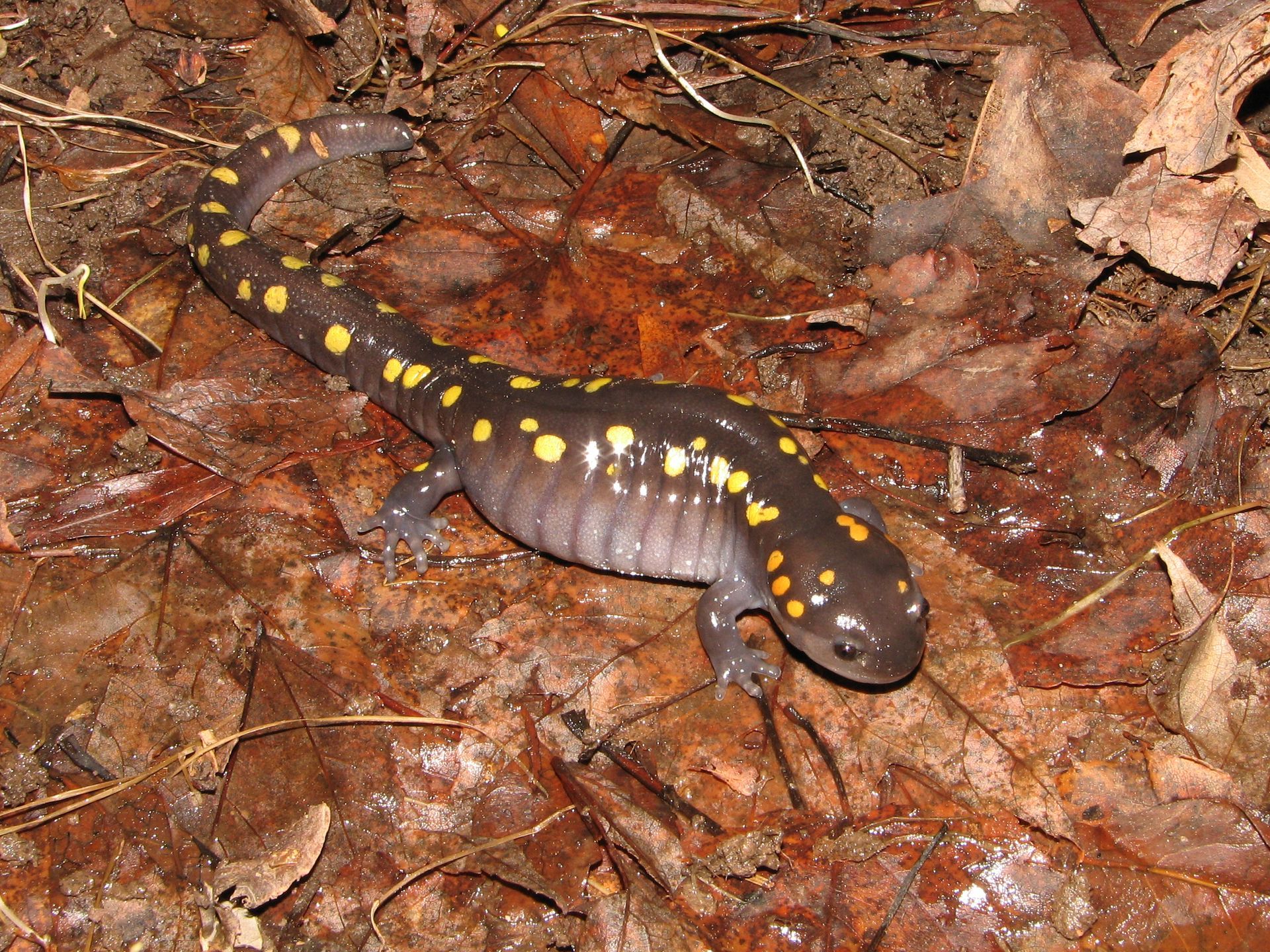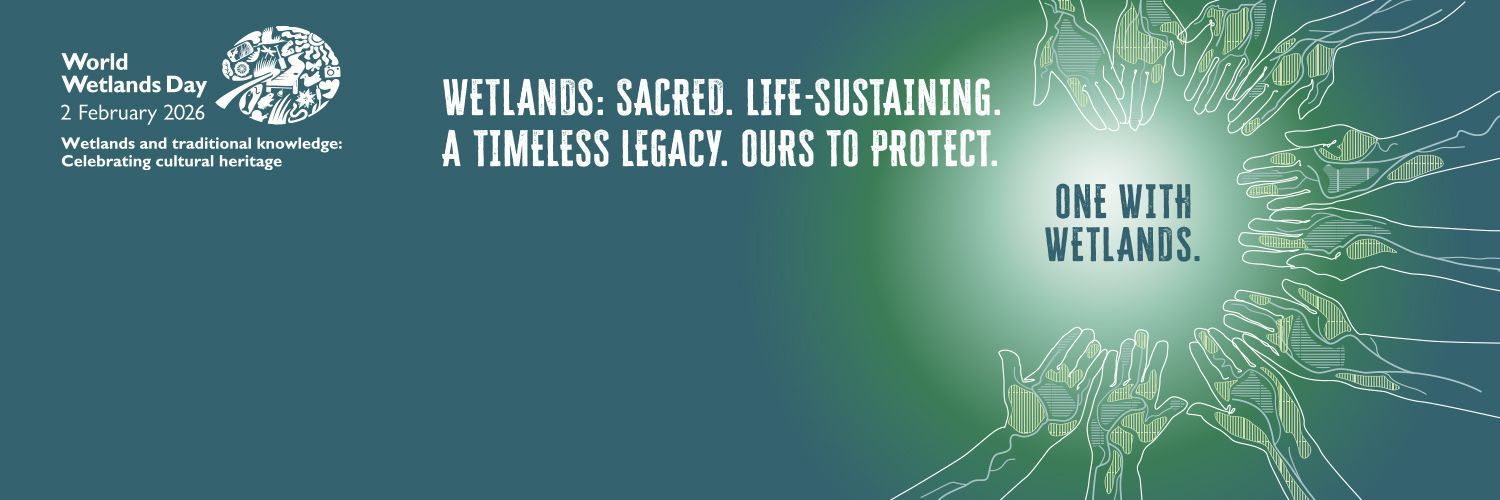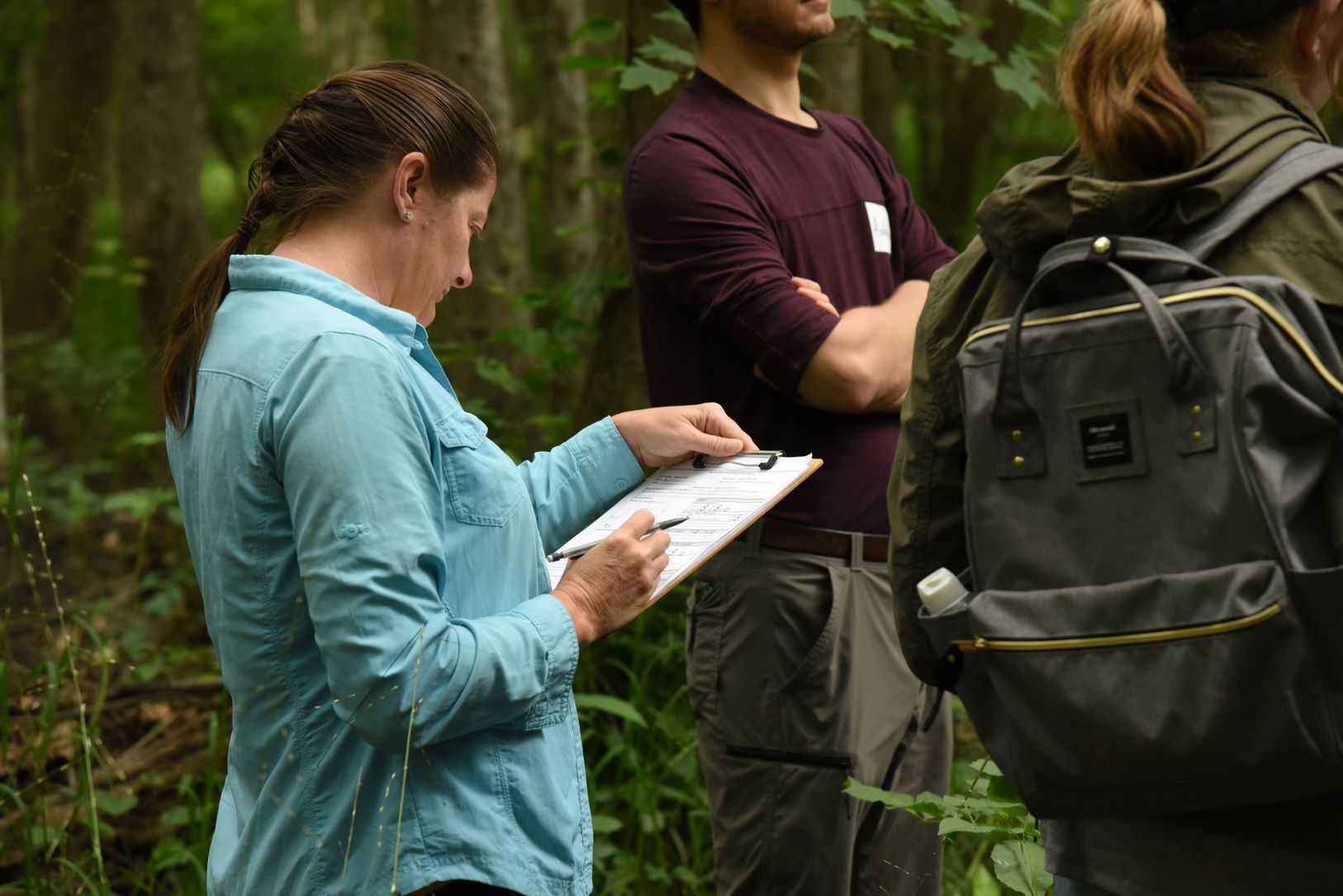World Wetlands Day: Wetland Restoration
Greetings Wetland Supporters!
February brings so much for us to celebrate: Black History Month, World Wetlands Day (February 2), Valentine’s Day (February 14) and President's Day (February 21).
Black History Month is a great time to learn more about many of the important events that have led to our present-day reality. We know that Black History has a played a big role in our current societal structure, but it has also been deeply integrated with our landscape. North Carolina wetlands played a role in helping escaped slaves travel on the Underground Railroad. Read this article about the role of The Great Dismal Swamp to learn more. The Carolinas are also home to the Gullah/Geechee Nation, descendants of Africans who were enslaved on the Sea Islands, and have retained their own rich culture strongly tied to place. Read this article to learn more about this community and its traditions tied to coastal salt marshes. The Carolina Wetlands Association is working with members of this community on salt marsh restoration projects and potential flood reduction projects in South Carolina. I hope that you can take some time this month to learn about the ways in which Black History and the wetlands in your community are interconnected.
The theme for this year’s World Wetlands Day was wetland restoration. Here at the Carolina Wetlands Association, we take many approaches to our wetlands work. We advocate for wetland protection, we educate about wetlands issues, we collect data on wetland characteristics, and we help communities restore their wetlands. So what is wetland restoration? The Ramsar Convention defines restoration as activities that promote a return to previous conditions as well as those that improve the functioning of a wetland without necessarily seeking to return it to its pre-disturbance condition (Ramsar HB191).
As described in our State of the Wetlands report, North and South Carolina have lost 50% and 27% of their wetland coverage since the 1780s. This wetland loss has put stress on our remaining wetlands to provide important ecosystem services, such as nutrient retention, flood mitigation, and wildlife habitat. Due to the diminishing area of wetlands and the increasing pressure from human influences (i.e., urban and agricultural pollutant inputs, increased volume of runoff from paved surfaces, and the introduction of invasive species), our existing wetlands can become heavily degraded and no longer able to perform services optimally. Our wetlands can become ineffective at nutrient retention if they are overwhelmed with nutrient inputs or not able to support wildlife if they are overrun with invasive plants. Restoration is an opportunity to increase the ecosystem services that we get from existing wetlands.
The Carolina Wetlands Association is working to help communities voluntarily restore or create wetlands to reduce flooding, provide recreation, and improve downstream water quality. In contrast, the majority of wetland restoration is performed to offset the filling, degradation, or destruction of wetlands elsewhere. This type of restoration is called compensatory mitigation. In this case, whomever is permitted to impact an existing wetland will have to restore or pay someone else to restore another wetland someplace else in the watershed. Compensatory mitigation is required by the Clean Water Act to achieve “no net loss” of wetland acreage. However, the newly restored or created wetland will not be able to immediately perform the same wetland functions as the destroyed wetland. Therefore, those who wish to impact wetlands must frequently restore a greater area of wetland than they destroyed. Both voluntary and compensatory restoration are important tools in the maintenance of our wetland resources.
As for celebrations of Valentine’s Day, I hope that we can all agree that there is a special place in our hearts for wetlands. We can show our appreciation as we do with all of those that we love by spending quality time together and showing them kindness and support. You can get started with these goals by taking the Ramsar pledge for wetland restoration, visiting a wetland near you, or joining the Carolina Wetlands Association at a future event!
I hope to work together soon!
Chase Bergeson
Volunteer Wetland Monitoring Program Coordinator
You might also like




